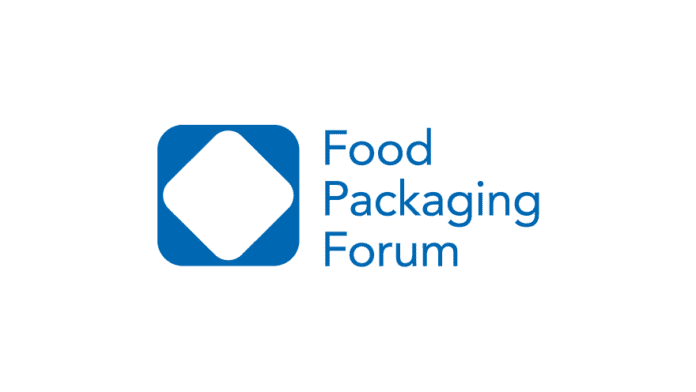European Parliament debates failed global plastics treaty negotiations in Busan and future role
In its meeting on January 22, 2025, the European Parliament debated the failed negotiations for a global plastics treaty at the fifth session of the Intergovernmental Negotiating Committee to develop an international legally binding instrument on plastic pollution, including in the marine environment (INC-5) (FPF reported).
INC-5 took place from November 25 to December 1, 2024, in Busan, Republic of Korea, and brought together global representatives to develop an international, legally binding framework to address plastic pollution. Despite extensive discussions, the delegates could not reach a consensus on the text of the final treaty. Points of disagreement included whether the treaty should be implemented globally or nationally, whether it should be mandatory or voluntary, and whether chemicals of concern should be included. Discussions will continue later this year at INC-5.2, with the hope of agreeing on a final text.
During the January 22 European Parliament debate, Member of the EU Commission Magnus Brunner highlighted the EU’s deep disappointment that no legally binding treaty was agreed to during the international gathering. He described the EU’s partnership building before the negotiations began but suggested that these actions were not enough to come to an agreement on a final text.
In his opening statement, Brunner described the EU’s current position on a global plastics treaty. He emphasized that there needs to be a balance of measures that address the whole life cycle of plastics while considering concerns related to finance for all countries to sign on. He also asserted that no deal is preferable to a bad deal that would fail to put the international community on a path towards sustainable production and consumption of plastics. With the challenges of coming to an agreement, the EU supports a majority rule for the future governing body so that no one country has veto power.
All subsequent debate participants recognized the importance of the plastic problem, including its impact on health and the environment. Several noted that plastic production will triple over the next 30 years if nothing is done to regulate it and called for an urgent reduction (FPF reported). However, the debaters disagreed on the best approach to address this challenge.
Supporters of the global plastics treaty stressed that this initiative cannot be allowed to fail because of a few countries when over 100 others were in agreement, asserting that a legally binding, global plastics treaty is urgently needed. Others called on the EU to do more internally and set an example for the international community, focusing on regulating chemicals, banning microplastics, and building a circular economy. One participant disagreed that regulation is the way forward.
In his closing comments, Brunner emphasized the EU’s commitment to continuing these discussions and receiving feedback internally. He acknowledged the importance of a final agreement for a global plastics treaty based on the debate comments while asserting that the EU also needs to continue doing its homework.
Governments and businesses discuss a global plastics treaty at the World Economic Forum
The following day on January 23, 2025, a session at the World Economic Forum’s annual meeting in Davos, Switzerland also discussed the failed INC-5 deliberations. To open the conversation, Inger Andersen, Under-Secretary-General of the United Nations and Director of the United Nations Environment Programme described her optimism following the discussions in Busan and the remaining points that need to be considered when moving forward in deliberations.
Representatives from the South African and Mexican governments, Unilever, and carbon-capture and utilization company Dioxycle then discussed their hopes for a global plastics treaty. They agreed that any treaty needs to be mandatory and consider how not to leave anyone behind. There also needs to be collaboration between governments and businesses to ensure realistic and pragmatic guidelines and encourage compliance, especially for a circular economy (FPF reported). They ended their discussion by highlighting that consumers and businesses are ready for change and that governments need to move faster with legislation to make investment in sustainability more valuable (FPF reported).
References
European Parliament (January 22, 2025) “Failure of the negotiations in Busan for a UN plastic treaty and the urgent need to tackle plastic pollution at international and Union level (debate).”
World Economic Forum (January 23, 2025) “New Agreement on Plastics: What Will It Take?”



